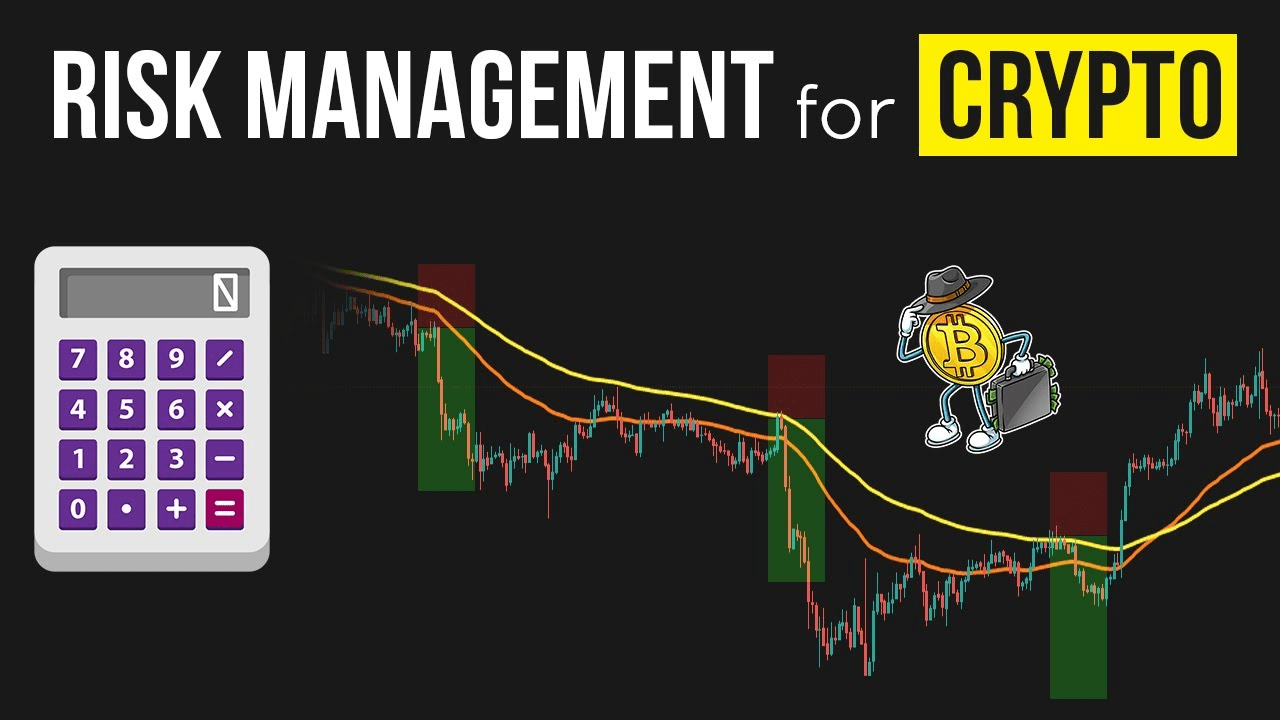
The world of digital assets has evolved dramatically, making a comprehensive cryptocurrency investment guide for beginners more essential than ever. Whether you’re curious about Bitcoin’s recent surge or wondering how to navigate the complex landscape of altcoins, this guide will provide you with the foundational knowledge needed to make informed investment decisions.
Cryptocurrency represents a revolutionary shift in how we think about money and investments. Unlike traditional assets, digital currencies operate on decentralized networks, offering unique opportunities and challenges. This cryptocurrency investment guide for beginners will walk you through everything from basic concepts to advanced strategies, ensuring you have the tools to start your crypto journey confidently and safely.
What is Cryptocurrency and Why Should Beginners Care?
Cryptocurrency is a digital or virtual currency secured by cryptography, making it nearly impossible to counterfeit. Built on blockchain technology, these digital assets operate independently of central banks and governments, offering a decentralized alternative to traditional financial systems.
For beginners, understanding cryptocurrency is crucial because it represents one of the fastest-growing asset classes in modern history. While Bitcoin dominated headlines with its meteoric rise, thousands of alternative cryptocurrencies (altcoins) have emerged, each serving different purposes within the digital economy.
The appeal of cryptocurrency lies in its potential for high returns, portfolio diversification, and participation in the future of finance. However, this potential comes with significant risks that every beginner must understand before investing their hard-earned money.
Understanding Different Types of Cryptocurrencies
Bitcoin: The Digital Gold Standard
Bitcoin remains the most recognized cryptocurrency and serves as the gateway for most beginners. Created in 2009, Bitcoin was designed as a peer-to-peer electronic cash system. Its limited supply of 21 million coins has earned it the nickname “digital gold,” making it attractive to investors seeking a hedge against inflation.
Ethereum: The Smart Contract Platform
Ethereum revolutionized the crypto space by introducing smart contracts and decentralized applications (dApps). Its native token, Ether (ETH), powers the network and serves as both a currency and a utility token for accessing various services within the Ethereum ecosystem.
Altcoins: Beyond Bitcoin and Ethereum
The cryptocurrency market includes thousands of alternative coins, each with unique features and use cases. Popular altcoins include:
- Cardano (ADA): Focuses on sustainability and academic research
- Solana (SOL): High-speed blockchain for decentralized applications
- Polygon (MATIC): Scaling solution for Ethereum
- Chainlink (LINK): Decentralized oracle network
Stablecoins: Reducing Volatility
Stablecoins are cryptocurrencies pegged to stable assets like the US dollar. Examples include USDC, USDT, and DAI. These tokens provide stability in volatile markets and serve as excellent entry points for beginners learning to navigate crypto exchanges.
How to Start Investing in Cryptocurrency: A Step-by-Step Approach
Step 1: Education and Research
Before investing a single dollar, dedicate time to understanding the fundamentals. Read whitepapers, follow reputable crypto news sources, and join educational communities. This cryptocurrency investment guide for beginners emphasizes that knowledge is your best protection against costly mistakes.
Step 2: Choose a Reputable Exchange
Selecting the right cryptocurrency exchange is crucial for beginners. Consider these factors:
- Security features: Two-factor authentication, cold storage, insurance
- User interface: Intuitive design for beginners
- Fee structure: Trading fees, deposit/withdrawal costs
- Regulatory compliance: Licensed and regulated platforms
- Customer support: Responsive help when needed
Popular beginner-friendly exchanges include Coinbase, Kraken, and Binance US. Each offers educational resources and user-friendly interfaces designed for newcomers.
Also, More: New Cryptocurrency Regulations News 10 Breakthrough Wins 2025
Step 3: Secure Your Digital Wallet
Understanding wallet security is fundamental to cryptocurrency investment. You have two main options:
Hot Wallets (Online)
- Convenient for frequent trading
- Connected to the internet
- Higher security risk
- Examples: Exchange wallets, mobile apps
Cold Wallets (Offline)
- Maximum security for long-term storage
- Offline storage devices
- Protection against hacking
- Examples: Hardware wallets like Ledger or Trezor
Step 4: Start Small and Diversify
As a beginner, start with small amounts you can afford to lose. The “never invest more than you can afford to lose” rule is particularly important in cryptocurrency markets due to their volatility.
Consider diversifying across different types of cryptocurrencies:
- 40-50% in Bitcoin (established store of value)
- 30-40% in Ethereum (smart contract platform)
- 10-20% in promising altcoins
- 5-10% in stablecoins for stability
Cryptocurrency Investment Strategies for Beginners
Dollar-Cost Averaging (DCA)
Dollar-cost averaging involves investing a fixed amount regularly regardless of price fluctuations. This strategy helps reduce the impact of volatility and removes the pressure of timing the market perfectly.
Example DCA Strategy:
- Invest $100 weekly in Bitcoin
- Continue for 12 months
- Average out the price fluctuations
- Reduce emotional decision-making
HODLing: Long-Term Investment Strategy
Cryptocurrency Investment Guide for Beginners: HODL (Hold On for Dear Life) represents a long-term investment approach where investors buy and hold cryptocurrencies for extended periods, typically years. This strategy works well for beginners who believe in the long-term potential of blockchain technology.
Value Investing in Crypto
Apply traditional value investing principles to cryptocurrency by:
- Researching project fundamentals
- Analyzing team credentials and partnerships
- Evaluating real-world use cases
- Assessing market demand and adoption
- Comparing market cap to potential value
Growth Investing Approach
Focus on cryptocurrencies with high growth potential by identifying:
- Emerging technologies and trends
- Strong development teams
- Active partnerships and integrations
- Growing user bases and transaction volumes
- Clear roadmaps for future development
Essential Risk Management for Crypto Beginners
Understanding Market Volatility
Cryptocurrency markets are notoriously volatile, with price swings of 20-50% in a single day being common. This volatility creates opportunities for significant gains but also substantial losses. Beginners must prepare mentally and financially for these fluctuations.
Common Investment Mistakes to Avoid
FOMO (Fear of Missing Out)
- Chasing rapid price increases
- Making impulsive investment decisions
- Ignoring research and due diligence
Lack of Security Measures
- Storing funds on exchanges long-term
- Using weak passwords
- Falling for phishing scams
- Not enabling two-factor authentication
Overinvestment
- Investing more than you can afford to lose
- Putting all savings into cryptocurrency
- Borrowing money to invest
- Neglecting traditional investment portfolios
Setting Stop-Loss Orders
Stop-loss orders automatically sell your cryptocurrency when it reaches a predetermined price, limiting potential losses. While not all exchanges offer this feature, it’s a valuable risk management tool for active traders.
Tax Implications and Legal Considerations
Understanding Crypto Taxation
In most jurisdictions, cryptocurrency investments are subject to capital gains tax. Key considerations include:
- Taxable events: Selling, trading, or using crypto for purchases
- Record keeping: Maintain detailed transaction records
- Tax software: Use specialized crypto tax tools
- Professional advice: Consult tax professionals for complex situations
Regulatory Landscape
The regulatory environment for cryptocurrency continues evolving. Stay informed about:
- SEC guidelines and enforcement actions
- Banking regulations affecting crypto
- International regulatory developments
- Compliance requirements for exchanges and wallets
Advanced Topics for Growing Investors
DeFi (Decentralized Finance)
Decentralized Finance represents a growing ecosystem of financial applications built on blockchain technology. DeFi protocols offer services like:
- Lending and borrowing
- Yield farming and liquidity mining
- Decentralized exchanges (DEXs)
- Insurance and derivatives
While potentially lucrative, DeFi investments carry additional risks, including smart contract vulnerabilities and protocol risks.
NFTs and Digital Assets
Non-Fungible Tokens (NFTs) represent unique digital assets verified on blockchain networks. While highly speculative, NFTs have created new investment categories in:
- Digital art and collectibles
- Gaming assets and virtual real estate
- Utility tokens for exclusive access
- Intellectual property rights
Staking and Yield Generation
Many cryptocurrencies offer staking opportunities where investors can earn rewards for participating in network security. Staking provides:
- Passive income generation
- Network participation rewards
- Compound growth potential
- Alternative to traditional savings accounts
Building Your Cryptocurrency Portfolio
Portfolio Allocation Strategies
Conservative Approach (Lower Risk)
- 60% Bitcoin
- 30% Ethereum
- 10% Established altcoins
Moderate Approach (Balanced Risk)
- 40% Bitcoin
- 30% Ethereum
- 20% Large-cap altcoins
- 10% Mid-cap altcoins
Aggressive Approach (Higher Risk)
- 30% Bitcoin
- 25% Ethereum
- 25% Large-cap altcoins
- 15% Mid-cap altcoins
- 5% Small-cap/emerging projects
Rebalancing Your Portfolio
Regular portfolio rebalancing ensures your allocation stays aligned with your investment goals. Consider rebalancing:
- Monthly or quarterly
- When allocations drift significantly
- After major market movements
- When the investment thesis changes
Staying Informed and Continuing Education
Reliable Information Sources
Stay updated with credible cryptocurrency news sources:
- CoinDesk and Cointelegraph for industry news
- Official project websites and blogs
- Social media channels of project teams
- Educational platforms like Coinbase Learn
Joining the Crypto Community
Engage with the cryptocurrency community through:
- Reddit communities (r/cryptocurrency, r/bitcoin)
- Twitter for real-time updates
- Discord servers for project discussions
- Local meetups and conferences
Conclusion
Cryptocurrency Investment Guide for Beginners: This comprehensive cryptocurrency investment guide for beginners provides the foundation needed to navigate the exciting but complex world of digital assets. Remember that successful crypto investing requires patience, continuous learning, and disciplined risk management.
Cryptocurrency Investment Guide for Beginners: Start your cryptocurrency investment journey by choosing a reputable exchange, securing your digital assets properly, and beginning with small amounts you can afford to lose. As you gain experience and confidence, you
Cryptocurrency Investment Guide for Beginners: The cryptocurrency market offers tremendous opportunities for those willing to invest time in education and adopt a long-term perspective. Use this cryptocurrency investment guide for beginners as your roadmap, but always remember that past performance doesn’t guarantee future results. Gradually increase your investment and explore more advanced strategies.
FAQS
How much money do I need to start investing in cryptocurrency?
Cryptocurrency Investment Guide for Beginners: You can start investing in cryptocurrency with as little as $10-$50. Most exchanges allow fractional purchases, meaning you don’t need to buy whole coins. Start with an amount you’re comfortable losing while you learn the basics.
Is cryptocurrency investing safe for beginners?
Cryptocurrency Investment Guide for Beginners: Cryptocurrency investing carries significant risks, including high volatility, regulatory uncertainty, and security threats. However, with proper education, security measures, and risk management, beginners can participate safely by starting small and learning gradually.
Which cryptocurrency should I buy first as a beginner?
Most experts recommend starting with Bitcoin due to its established track record and widespread acceptance. Ethereum is another popular choice for beginners interested in smart contracts and DeFi. Avoid investing in obscure altcoins until you gain more experience.
How do I protect my cryptocurrency investments from hackers?
Cryptocurrency Investment Guide for Beginners: Protect your investments by using hardware wallets for long-term storage, enabling two-factor authentication, using strong, unique passwords, keeping software updated, and never sharing private keys or seed phrases with anyone.
When should I sell my cryptocurrency investments?
Cryptocurrency Investment Guide for Beginners: Develop a clear exit strategy before investing. Consider selling portions when you’ve reached predetermined profit targets, need funds for emergencies, or when fundamental factors change. Avoid emotional selling during market panics or FOMO buying during rallies.











